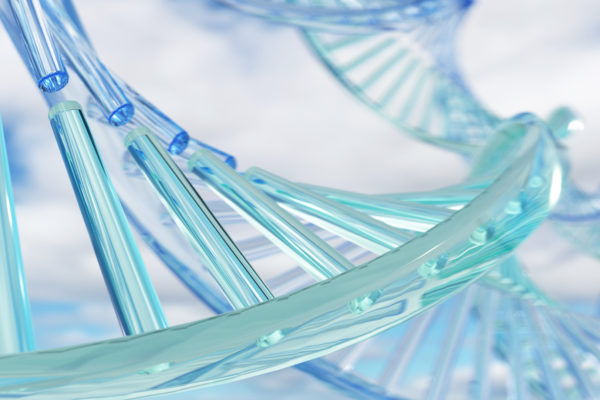
The Federal Drug Administration (FDA) has approved the first gene nadofaragene firadenovec-vncg (marketed in the USA by Ferrin under the brand name Adstiladrin) for adult patients with high-risk Bacillus Calmette-Guérin (BCG)–unresponsive non–muscle invasive bladder cancer (NMIBC) with carcinoma in situ (CIS) with or without papillary tumours.
Adstiladrin or nadofaragene firadenovec-vncg is an adenovirus-based gene therapy administered by catheter into the bladder to patients every three months. The viral vector contains a DNA sequence for interferon alfa-2b, which gets translated to its respective protein and aids the body in its fight against cancer.
The treatment’s regulatory approval is based on phase III data, a multicentre study that included 157 high-risk BCG-unresponsive NMIBC patients. Most (98) participants had BCG-unresponsive CIS with or without papillary tumours. All the participants received nadofaragene firadenovec-vncg once every three months for a year or until treatment related to unacceptable toxicity or recurrent high-grade NMIBC.
A complete response (CR) rate of 51% was observed after three months of treatment, and about half of these responders showed CR for a year. The median duration of response was 9.7 months. The treatment-related adverse events included instillation site discharge (33%), fatigue (24%), bladder spasm (20%), micturition urgency (19%) and hematuria (17%). More than 10% of patients discontinued treatment due to complications such as bladder spasm, instillation site discharge and benign neoplasms of the bladder.
Steven A. Boorjian, MD, Carl Rosen Professor and chair of the Department of Urology at Mayo Clinic, and lead investigator on a recent clinical trial of the therapy, said in the press release, “Patients with BCG-unresponsive NMIBC have historically had limited treatment options other than bladder removal surgery. The approval of nadofaragene firadenovec is therefore a significant advance in the current treatment landscape and provides a novel treatment option for patients.”
References